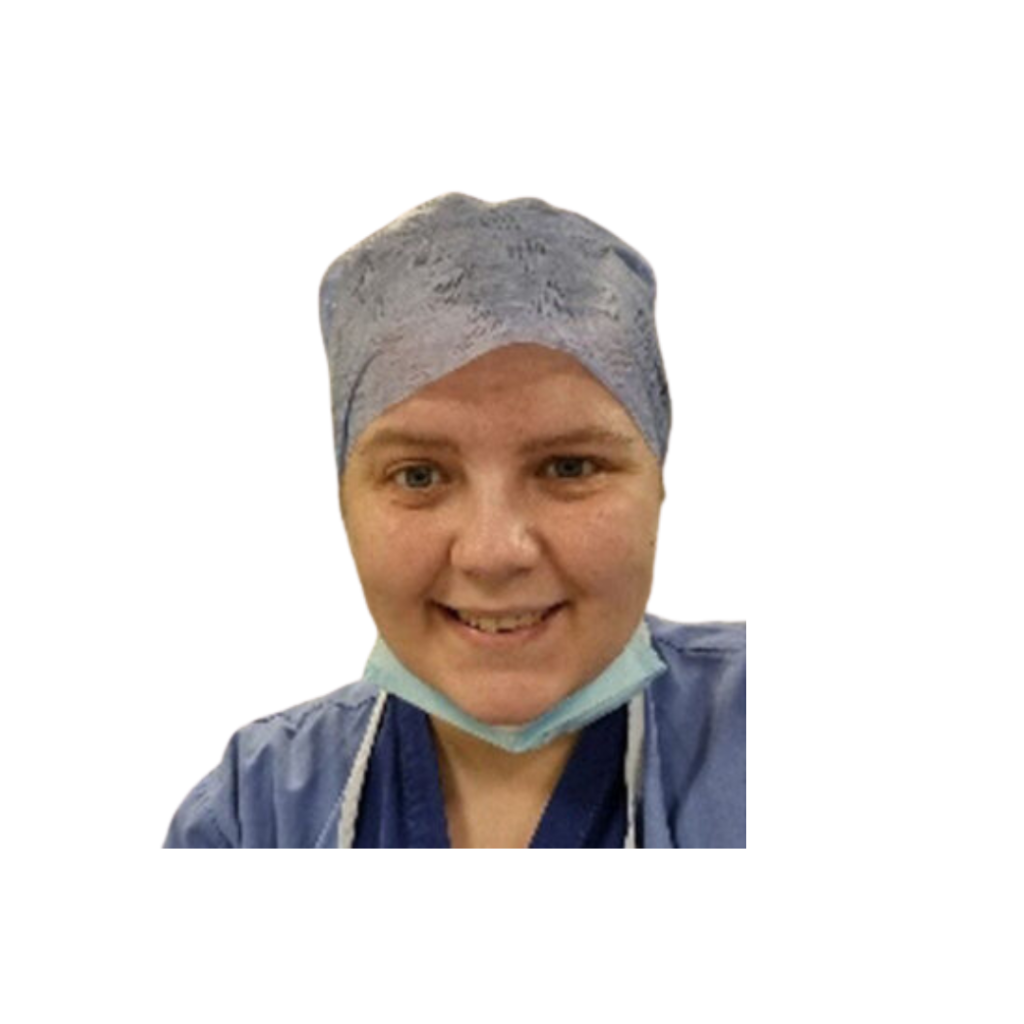Job Title
Operating Department Practitioner
Is your role clinical or non-clinical?
Briefly explain your job
Operating Department Practitioners are specialists in all aspects of perioperative care, including anaesthetics, surgery and recovery immediately afterwards. We work closely with Nurses, Healthcare Assistants, Anaesthetists, Surgeons, Radiographers and more to ensure effective and safe care for all patients who require any type of surgical procedure.
We also work across areas such as Maternity, Accident and Emergency, Intensive Therapy Units, transfer teams and even education. At the moment, I specifically work in anaesthetics within a busy private hospital in London which supports NHS Trusts locally, but I am shortly transferring back to the NHS to a dual role in surgery and anaesthetics.
Why did you decide to join the NHS?
I had always wanted to be in a career where I was making a difference. After looking at the Military as well as the NHS, I decided that working in the NHS from the age of 20 was for me. I wanted a varied career where no two days are the same – and certainly haven’t been disappointed!
How did you join the NHS?
After A-Levels, I took a year out and worked as a waitress to save money. I applied to five universities which were offering the Operating Department Practitioner training as a diploma or a degree option. Cardiff was the first to get back to me in 2013, and after a rigorous application process and interviews, I started the two year Operating Department Practice Diploma of Higher Education. As part of this course, we had 70% placements, 30% theory.
The placements were done at Cardiff and Vale University Health Board where we were effectively employed as students (paid a Band 4 NHS wage). There are now several different options to make this same journey – apprenticeship or degree routes through university, depending on the role you choose.
What’s your day to day like?
I start at 7am, preparing my anaesthetic room for the day ahead. This includes safety checks for all equipment, drug preparation and doing team briefing as part of the World Health Organisation surgical safety checklist.
Depending on the theatre and surgical speciality I am working in that day, I could be doing as little as assisting with sedation and supporting patients, or as much as preparing intensive care transfer kits, controlled drugs, assisting in giving blood or even resuscitation, if needed.
The most important thing to highlight is that, although every day is different, everyone in the operating theatre is all part of the same team regardless of experience or seniority. We all look after patients to the best of our ability.
What are some of the challenges?
The role can be emotionally challenging at times. Operating Department Practitioners are part of a team who look after patients at their most vulnerable, and as such, we see and experience situations which are tough – especially when there is a patient death.
It is busy and sometimes a claustrophobic environment, especially when I am scrubbed in and am assisting surgeons during operations which can take 12 hours or more. Days are long and it does take some getting used to.
What is the best part of your role?
The fact that we really do make a difference to patients and the lives of their families. It is rewarding and I wouldn’t want to work anywhere else. The teams in theatres are very close; we are bonded by what we experience on a day to day basis and look out for each other.
What is life like outside of work?
Varied! I like to completely switch off from work if I can, and am currently training for a half marathon which has been postponed due to COVID. I also like to spend time with my wonderful partner and family, including Terry the rescue cat, Wilson the 5-year-old cocker spaniel and our two hamsters.
My family, including my own parents and in-laws, are incredibly supportive which of course helps me relax and unwind. We can be found anywhere from a beach to a country park.
What’s your top tip for developing a career at the NHS?
Do your research. There are so many different career options – at least 350 different roles, so there really is something for everyone in this unique and large family.
Do you have a personal NHS story you’d like to share?
I’d been looking after a young patient with severe learning difficulties and multiple conditions, as well as having COVID. After a week in the Intensive Therapy Unit, the patient sadly deteriorated and needed his breathing to be supported by invasive ventilation. Before he was anaesthetized, I held his hand a facetimed his Mum so she could talk to her son.
The patient slipped into a deep sleep and sadly passed away later that day. A few weeks later we had messages from the patient’s mother thanking us for all we did. The experience has stayed with me and reminds me every day why I chose this line of work. There is a heart to the NHS, we do it because we care.
What is the best piece of career advice you’ve been given?
Take your time with learning new things, and always ask questions. Every day is a learning day.
Anything else you would like to share with a young person who is thinking about a career with the NHS?
Look at local NHS Trusts and keep an eye out for work experience opportunities that may come up. Do your research. Go for it – there is no other career quite like it.

